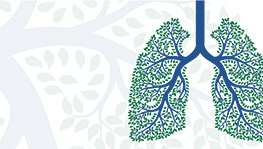At The France Foundation (TFF), we believe that the best care is provided when every member of the healthcare team—from clinicians to administrators—work together to support patient outcomes. As we recognize and elevate the power of collaboration and cooperation across healthcare disciplines, we’re spotlighting our recent collaboration with the Weitzman Institute on “Weight Management in Community Health: Bridging Systems & Care Coordination.”
Why Combine These Approaches?
Clinicians often return from educational sessions inspired and ready to make changes–only to face systemic barriers at their place of work. This not only hinders progress, but it can be discouraging and lead to burnout of healthcare professionals. At worst, it can create divisions in the healthcare environment, where collaboration between clinical teams, patient support professionals, health records managers, and others matter most.
This two-pronged initiative was designed with interprofessional collaboration in mind, aligning a Learning Collaborative and a Project ECHO series Extension for Community Healthcare Outcomes aimed at breaking down the silos that often exist in healthcare—which can hinder interprofessional care—by addressing both clinical knowledge and system-level change to ensure what was learned could actually be implemented.
The Learning Collaborative provided system-centric education in the spirit of quality improvement, focused on Federally Qualified Health Centers (FQHCs). This track brought FQHC administrative and clinical staff together to evaluate their systems and implement changes to better support care for patients with obesity or overweight. In contrast, the ECHO series focused on offering clinician-focused education to improve individual practice.
Enhancing Efficacy Through Collaboration
The Weitzman Institute has an established reputation for excellence in delivering impactful ECHO and Learning Collaborative programs. As a leader in driving innovation in clinical health settings, the institute supports interprofessional collaborations, which are necessary to deliver impactful care in the community health setting. Nuanced health discussions around topics such as obesity require a holistic strategy to engage the patient, the care team, and other professionals who play a supporting role in their care.
“Addressing obesity in a community health setting requires a wide-ranging approach. Interprofessional collaboration allows for the pooling of knowledge and resources to make a meaningful, lasting impact," Karen Ashley, Director of Education at the Weitzman Institute states. "Studies show that when healthcare providers collaborate and share information, it improves patient outcomes. This was true for our project. For patients with overweight or obesity, they receive consistent messaging from multiple healthcare providers, making it easier for them to follow through with their treatment plan. Learners are applying new team-based care strategies to their practice and improving their clinical and operational approach to provide better care for the patients with overweight or obesity.”
We at TFF worked to enhance and amplify the Weitzman Institute’s ongoing commitment to addressing barriers in interprofessional learning and healthcare innovation. As we reflect back on National Interprofessional Healthcare Month, we’re reminded of the impact that well-designed education and collaborative implementation strategies can have on improving care across the board. We’re proud to play a role in this initiative, and even prouder to support the interprofessional teams working every day to improve health in their communities.






